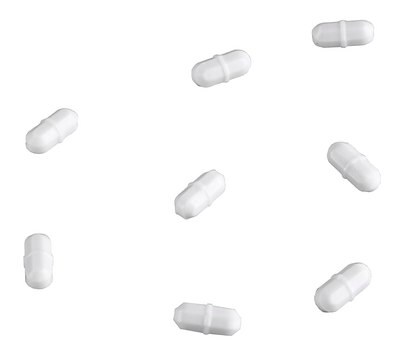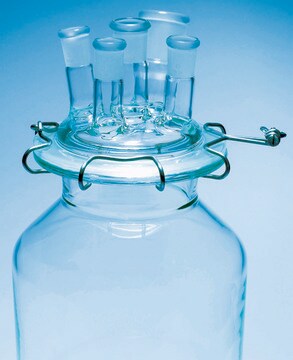추천 제품
Quality Level
분석
99.7% trace metals basis
양식
wire
autoignition temp.
860 °F
저항도
42.0 μΩ-cm, 20°C
직경
0.81 mm
bp
3287 °C (lit.)
mp
1660 °C (lit.)
density
4.5 g/mL at 25 °C (lit.)
SMILES string
[Ti]
InChI
1S/Ti
InChI key
RTAQQCXQSZGOHL-UHFFFAOYSA-N
애플리케이션
Titanium wire may be used as a substrate for the sol gel deposition of solid-phase microextraction fiber.
수량
10 m (approximately 23 g)
Storage Class Code
11 - Combustible Solids
WGK
nwg
Flash Point (°F)
Not applicable
Flash Point (°C)
Not applicable
개인 보호 장비
Eyeshields, Gloves, type N95 (US)
Unbreakable solid-phase microextraction fibers obtained by sol? gel deposition on titanium wire.
Azenha MA, et al.
Analytical Chemistry, 78.6, 2071-2074 (2006)
A Kurbad et al.
International journal of computerized dentistry, 16(2), 125-141 (2013-08-13)
This article presents two novel options for lithium-disilicate restorations supported by single-tooth implants. By using a Ti-Base connector, hybrid abutments and hybrid abutment crowns can be fabricated for different implant systems. The latter option in particular is an interesting new
J H Kim et al.
Journal of nanoscience and nanotechnology, 13(7), 4601-4607 (2013-08-02)
Nanocytalline TiN films were deposited on non-alkali glass and Al substrates by reactive DC magnetron sputtering (DCMS) with an electromagnetic field system (EMF). The microstructure and corrosion resistance of the TiN-coated Al substrates were estimated by X-ray diffraction (XRD), scanning
Jinho Shin et al.
Journal of nanoscience and nanotechnology, 13(8), 5807-5810 (2013-07-26)
In this study, hydroxyapatite (HA) was coated on anodized titanium (Ti) surfaces through radio frequency magnetron sputtering in order to improve biological response of the titanium surface. All the samples were blasted with resorbable blasting media (RBM). RBM-blasted Ti surface
B Subramanian
Journal of nanoscience and nanotechnology, 13(7), 4565-4572 (2013-08-02)
Titanium nitride (TiN)/niobium nitride (NbN) nanostructured multilayer coatings were prepared by DC reactive magnetron sputtering method using the combination of a titanium and niobium target and an Ar-N2 mixture discharge gas on to 316L stainless steel substrates. The coatings showed
문서
Biomedical implants are essentially foreign substances within the human body that must survive many years’ exposure to demanding mechanical and physiological conditions. Despite these challenges, metal implants have been widely used to substitute for or rebuild hard tissues such as bones and teeth.
자사의 과학자팀은 생명 과학, 재료 과학, 화학 합성, 크로마토그래피, 분석 및 기타 많은 영역을 포함한 모든 과학 분야에 경험이 있습니다..
고객지원팀으로 연락바랍니다.




